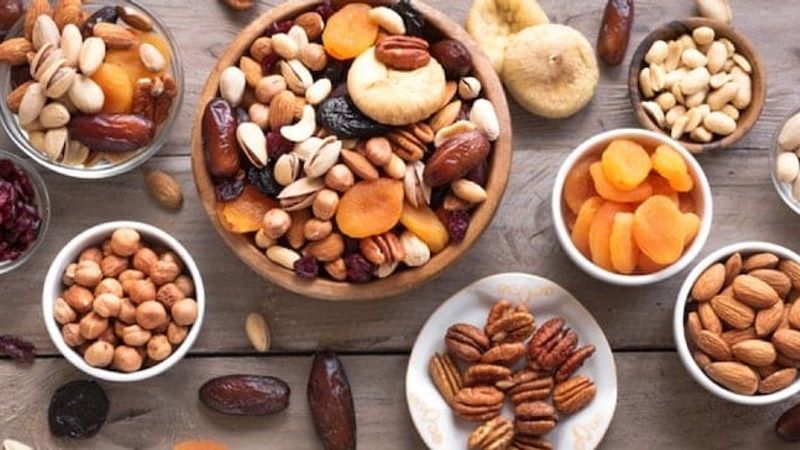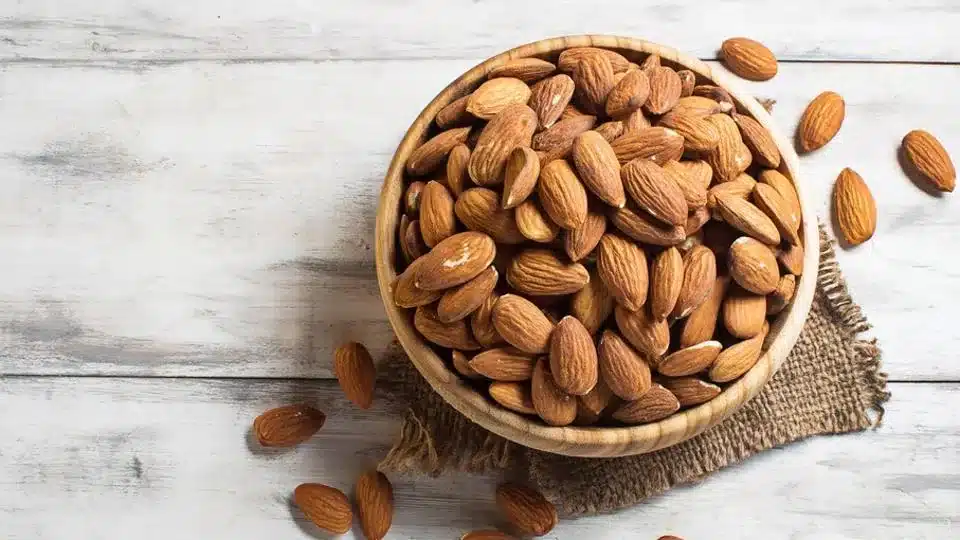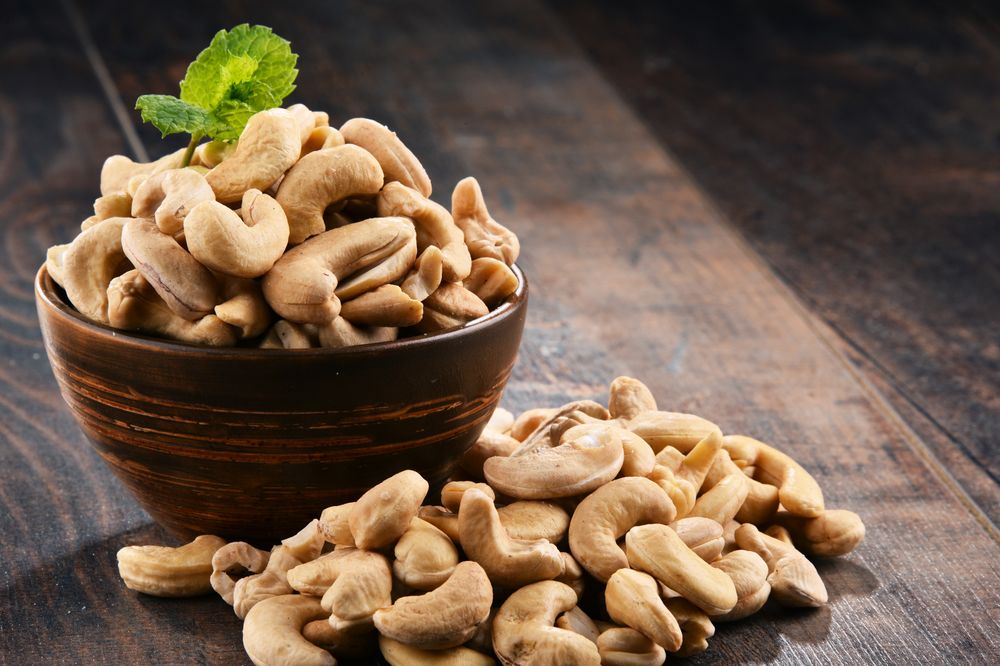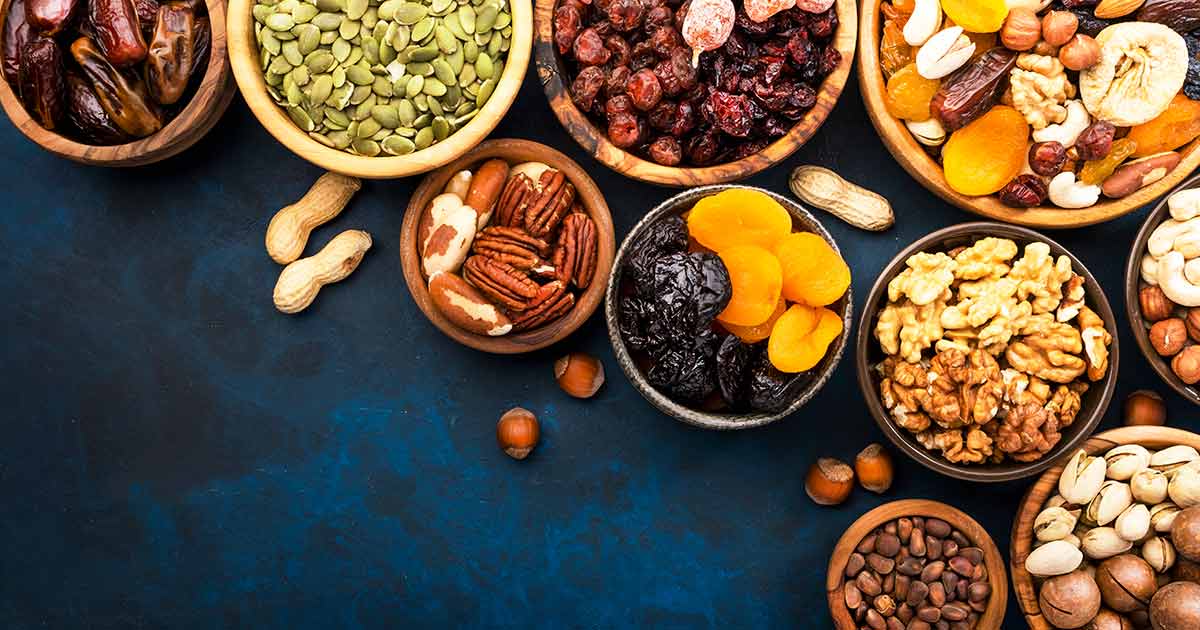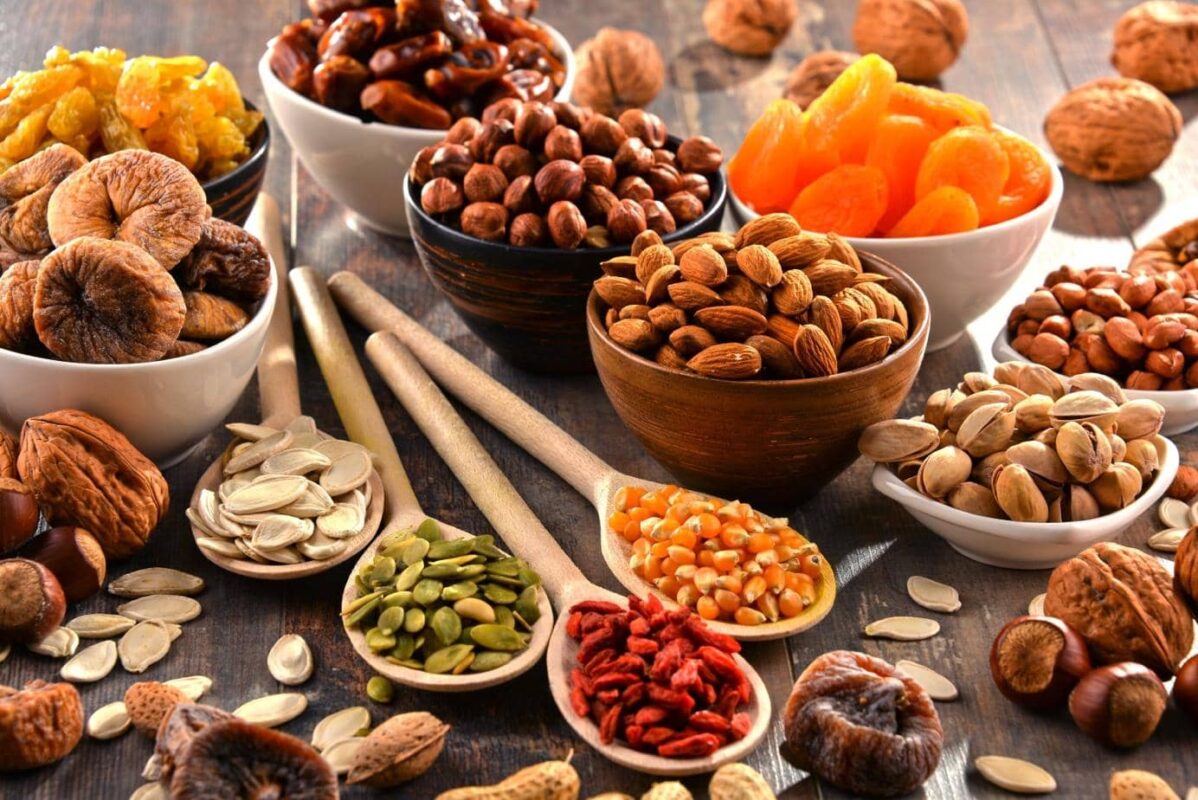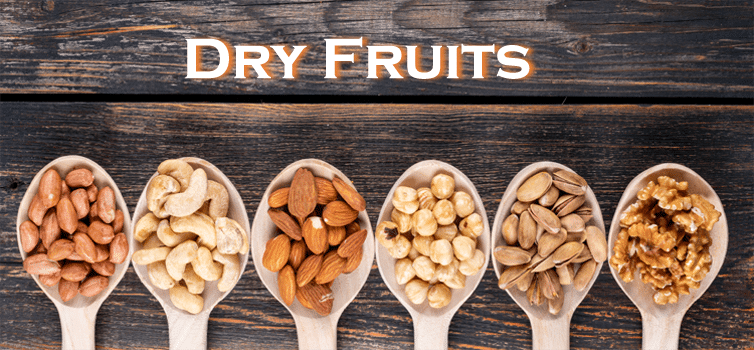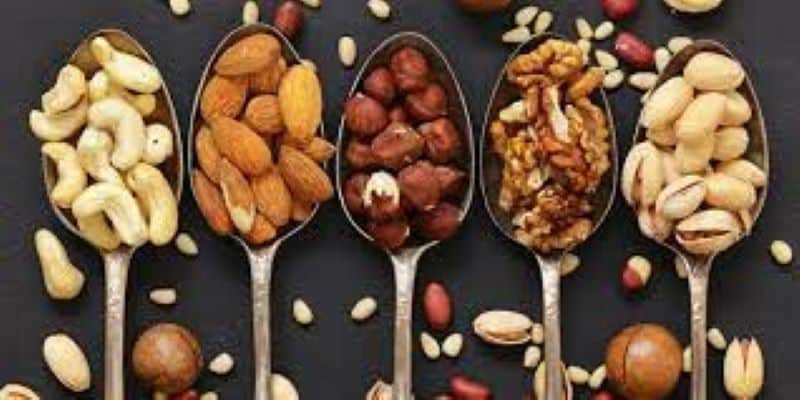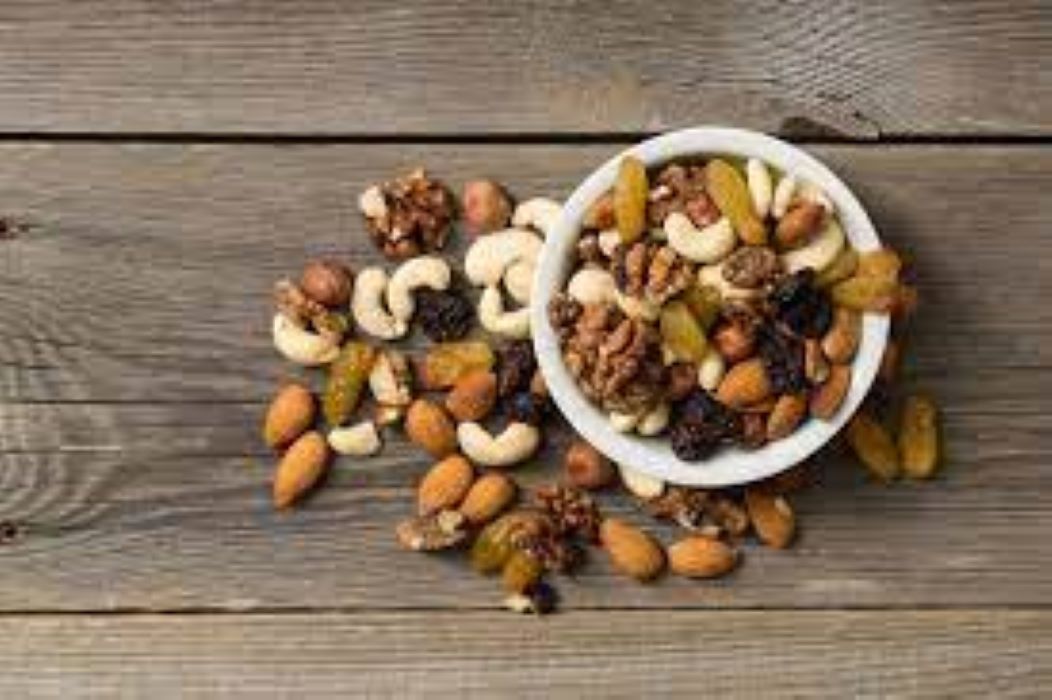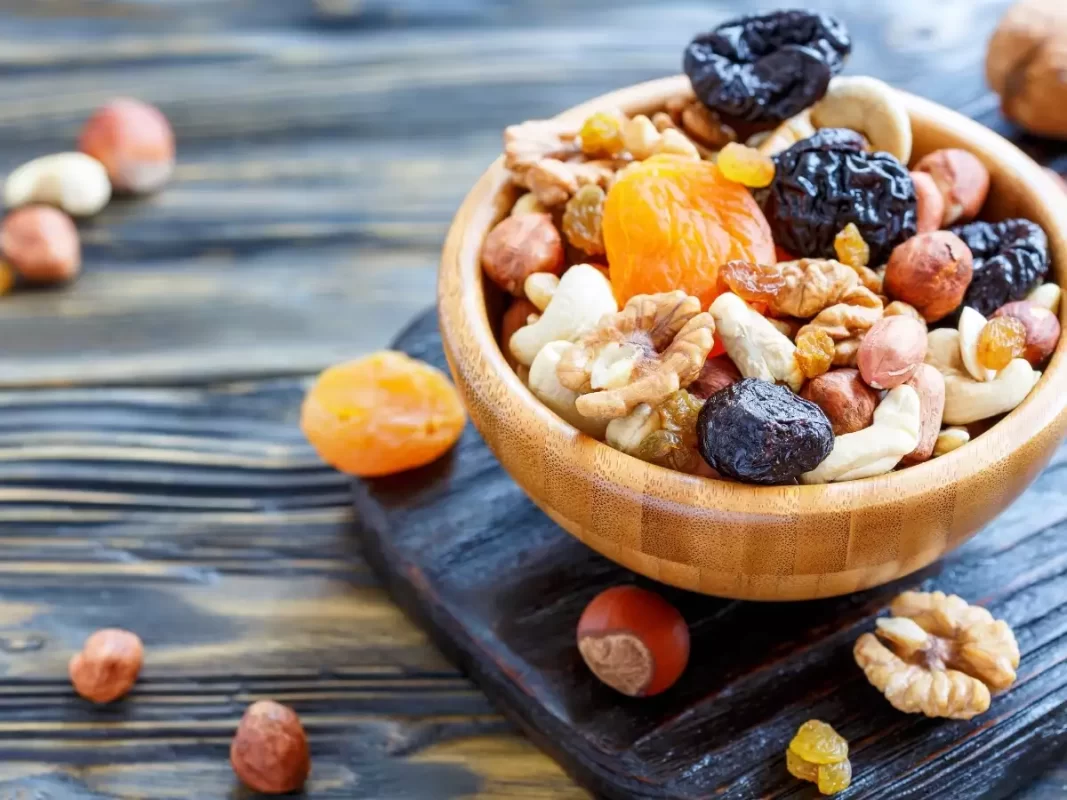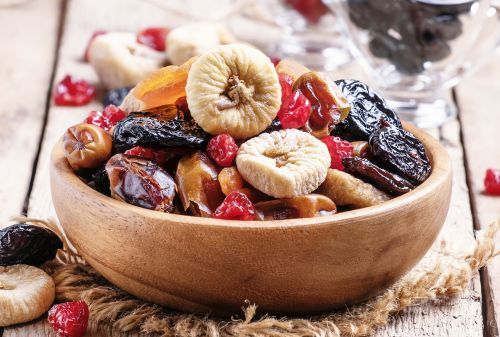Blog
Dry fruits for heart health
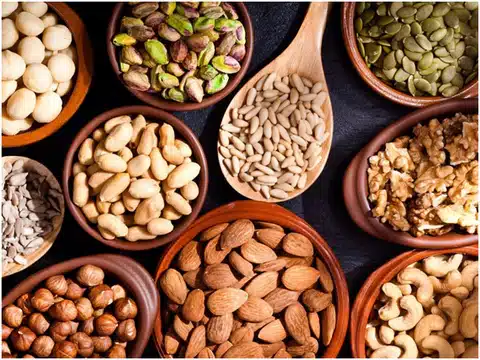
Nuts are a great source of fiber and protein, two nutrients that protect your heart. They also contain monounsaturated fats and antioxidants, which help prevent blood clots from forming in your arteries. In addition, nuts are high in magnesium—an essential mineral that helps lower blood pressure as well as regulate blood sugar levels. Now there’s another reason to add nuts to your diet: they’re good for your heart health! A new study published in the journal Nutrients found that eating walnuts and almonds may help reduce inflammation and prevent heart disease. Researchers from Texas A&M University and Baylor College of Medicine divided mice into two groups: one group ate a diet containing walnuts, while the other group ate a standard diet without nuts.
Almonds
Almonds are a good source of monounsaturated fats and polyunsaturated fats. They’re also high in vitamin E, which is a powerful antioxidant that helps protect the body against damage from free radicals. Almonds also contain magnesium, which can help lower blood pressure by relaxing the muscles around your arteries.
Cashews
Cashews are a great source of monounsaturated fat and magnesium. They also have significant amounts of zinc, copper and phosphorus. Cashews are a good source of vitamin K and folate. One cup of cashews contains about 20 percent of your daily value for magnesium, which can help lower blood pressure by relaxing the muscles around your arteries. Walnuts Walnuts are one of the best sources for omega-3 fatty acids, which can help lower triglycerides (fat in the blood) and reduce inflammation.
Pecans
Pecans are high in monounsaturated fats, which help to lower cholesterol and reduce the risk of heart disease. They are also rich in antioxidants that help to protect the heart and lower blood pressure.
Pecans can be used for baking or cooking–they’re delicious added to muffins, cookies and other baked goods.
Walnuts
Walnuts are rich in omega-3 fatty acids, which help reduce inflammation and lower blood pressure. They’re also a good source of antioxidants like vitamin E, which may help protect against heart disease. Walnuts are also high in fiber–about 3 grams per quarter cup–which can lower cholesterol levels by reducing how much fat your body absorbs from foods. Almonds Almonds are a great source of vitamin E, which is important for heart health. They are also high in fiber and magnesium, both of which can reduce blood pressure levels. A quarter cup of almonds contains about 7 grams of protein and 3 grams of fiber–good news for people who want to lose weight by eating healthy foods like nuts.
Pistachios
Pistachios are a good source of potassium, which helps lower blood pressure. They’re also a good source of fiber, which can reduce the risk of heart disease by lowering cholesterol levels and regulating blood sugar levels. Plus, pistachios are high in vitamin E–an antioxidant that helps prevent damage to your body’s cells.
Pistachios aren’t just great for your heart; they’re also tasty! If you have never tried them before or don’t know what to do with them once you get them home from the store (I’ve been there), here are some ideas:
- Add them to salads or fruit smoothies instead of other nuts like almonds or walnuts
- Use them as an addition to hummus instead of chickpeas (they add great flavor!)
Nuts are healthy for your heart.
Nuts are a great source of monounsaturated fats, which help to lower bad cholesterol and improve heart health. Nuts also contain fiber and vitamin E, both of which can reduce the risk of heart disease.
Nuts are rich in magnesium, potassium and other minerals that benefit your heart.
Nuts are a great way to get your heart healthy, but they’re not the only option. You can also try other types of nuts or dried fruits. The important thing is that you get plenty of nutrients each day so that your body functions at its best! Nuts are good for your heart. Nuts are a great source of monounsaturated fats, which help to lower bad cholesterol and improve heart health. Nuts also contain fiber and vitamin E, both of which can reduce the risk of heart disease. Nuts are rich in magnesium, potassium and other minerals that benefit your heart.
Frequently Asked Questions about Dry Fruits and Heart Health:
- Is consuming dried fruits good for heart health?
- Yes, consuming dried fruits in moderation can be beneficial for heart health. Dried fruits are rich in dietary fiber, antioxidants, and heart-healthy nutrients like potassium and magnesium. However, it is important to choose the right dried fruits that are low in added sugars and unhealthy fats.
- Which dried fruits are good for heart health?
- Dried fruits like almonds, walnuts, pistachios, raisins, and prunes are generally considered good for heart health. These dry fruits contain unsaturated fats, fiber, and antioxidants that can help reduce the risk of heart diseases.
- Is it true that dried fruits are high in sugar?
- While dried fruits do contain natural sugars, they are also a good source of essential nutrients. It is important to choose dried fruits without added sugars or sweeteners. Portion control is crucial as well, as dried fruits are more concentrated than fresh fruits.
- Which dried fruits should be avoided for heart health?
- Dried fruits that are high in added sugars and unhealthy fats should be avoided for heart health. Examples include candied dried fruits, sugary banana chips, and sweetened dried cranberries. Always check the ingredient list and nutritional information before purchasing dried fruits.
- Can dried fruits help in reducing cholesterol levels?
- Yes, certain dried fruits like almonds and walnuts contain heart-healthy fats that have been shown to help lower LDL (bad) cholesterol levels. Including these dried fruits as part of a balanced diet may contribute to managing cholesterol levels.
- Are dried fruits effective in reducing blood pressure?
- Some dried fruits, such as raisins and prunes, provide important minerals like potassium and magnesium. These minerals have been associated with lowering blood pressure. Including these dried fruits in a heart-healthy diet may contribute to maintaining healthy blood pressure levels.
- Can eating dried fruits increase the risk of heart diseases?
- Eating dried fruits in moderation as part of a balanced diet is unlikely to increase the risk of heart diseases. However, it is important to be mindful of portion sizes and choose dried fruits without added sugars or unhealthy fats.
- Is it necessary to soak dried fruits before consuming them for heart health?
- Soaking dried fruits before consuming them is a personal preference. Soaking can help soften the fruits and make them easier to digest, but it does not have a significant impact on their heart health benefits.
- Can people with heart conditions eat dried fruits?
- People with heart conditions can generally consume dried fruits as part of a heart-healthy diet. However, it is advisable to consult with a healthcare professional or a registered dietitian to determine the quantity and specific types of dried fruits that are suitable for individual needs.
- How can I include dried fruits in my diet for heart health?
- Dried fruits can be incorporated into your diet in various ways. You can snack on a handful of dried fruits, add them to your oatmeal or cereal, include them in homemade trail mix, or use them as a topping for salads or yogurt. Just remember to watch portion sizes and choose unsweetened dried fruits whenever possible.




